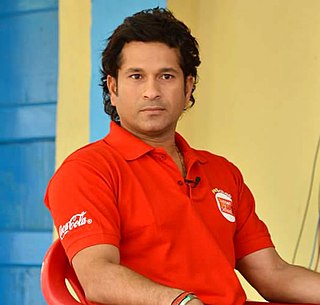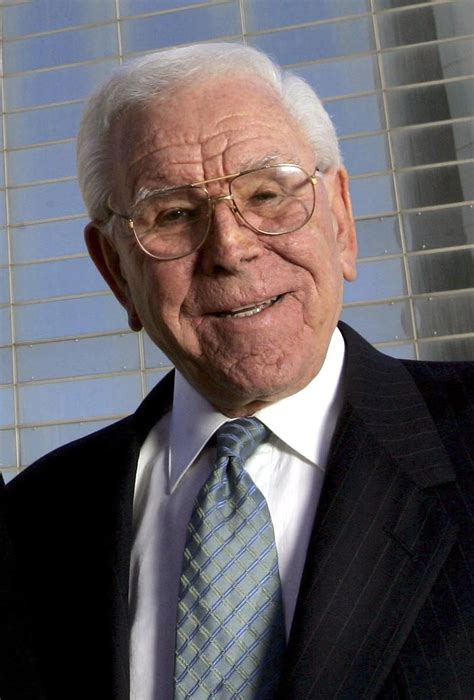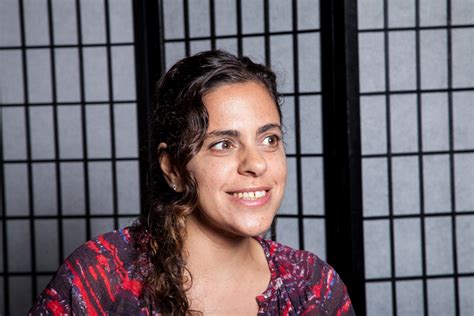A Quote by Henry Rosovsky
Shared governance is often the critical element that is missing in Asian universities, no matter how talented the faculty may be. Either it is ministries of education that are trying to run things, or in private institutions - those who control the funds. Neither group knows much about teaching and research.
Related Quotes
If we want to identify the great success of American research universities, and that success goes far beyond Harvard, we have to come back to the question of governance. Excellence requires a firewall between trusteeship, or government ministries, and the academic decision-making process. This American concept of shared governance wherein the faculty are engaged in running the university as part of a collaboration with the other stakeholders.
There are, however, many challenges to Asian universities. First, academic freedom, in all senses, is much more critical to the success of a university than how much money is spent on infrastructure or on hiring big names. Faculty need to have the space to pursue the research that they are passionate about and the also need to have the freedom to express their opinions in the university, and in the society as a whole.
The president [of American research institute] can act as the CEO and make a firm decision about the long-term development of the institution, but he or she does so in constant consultation with the faculty. It may not always work this way, but the greatest advances occur when governance is truly shared.
I believe that a core problem with undergraduate education, especially at research universities like Harvard, Stanford, NYU, etc, is that most teaching is done by PhDs, who by temperament, training, interests, and rewards are researchers first. So they spend most of their time and energy probing a snip of a field's cutting edge. In my view, the attributes needed to be a transformative undergraduate instructor are pretty orthogonal to that. It would seem that undergraduate education would be superior if there was a separate track for teaching faculty.
Monsanto will not come empty-handed. Monsanto will come with a big bag of money. And because these governments are poor, when they are shown money for their research institutions, for their universities, for their professors, they are very quick to say yes, and I can tell you that when Monsanto came to Kenya, they were able to be given permission to do research in one of our research institutions, and yet there was not a single law to control such research.
Just as members of American teachers unions often send their own children to private schools, so unionized workers at government-run hospitals in Britain have insurance that allows them to go to private hospitals. In both cases, those on the inside realize how bad these institutions are, regardless of what they say to those on the outside.
The current siege on higher education, whether through defunding education, eliminating tenure, tying research to military needs, or imposing business models of efficiency and accountability, poses a dire threat not only to faculty and students who carry the mantle of university self-governance, but also to democracy itself.
Facilitative attitudes (and skills) can help a therapist gain entry into the group Freedom from a desire to control the outcome, and respect for the capacity of the group, and skills in releasing individual expression Openness to all attitudes no matter how extreme or unrealistic they may seem Acceptance of the problems experienced by the group where they are clearly defined as issues Allowance of the freedom of choices in direction, either for the group or individuals particularly in the near future
Many university presidents assume the language and behavior of CEOs and in doing so they are completely reneging on the public mission of the universities. The state is radically defunding public universities and university presidents, for the most part, rather than defending higher education as a public good, are trying to privatize their institutions in order to remove them from the political control of state governments. This is not a worthy or productive strategy.
There is something fundamentally antidemocratic about relinquishing control of the public education policy agenda to private foundations run by society's wealthiest people; when the wealthiest of these foundations are joined in common purpose, they represent an unusually powerful force that is beyond the reach of democratic institutions.
Students at residential universities often live together and spend time on activities that aren't connected with the university. Then, should the university's rules about sexual consent extend to students' private lives? In my book, I argue that these narrow rules should extend to students' private lives no matter what or where they happen to be conducting those lives. The logic is that sexual assault is a form of discrimination and denies the victim an equal education. The point of university life is to get that diploma and nothing should stand in the way.




























